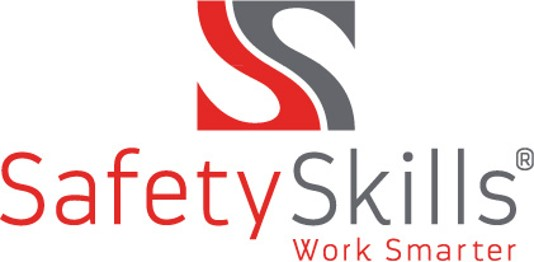ATD Blog
How to Select the Right Training Software for Your Company
Fri Feb 04 2022

Training employees is among the most important actions for any organization. New employees need to learn processes and procedures, while established employees must stay up to date on the latest regulations and annual requirements.
Fortunately, we’ve moved past the era of packing large groups into a conference room for monotonous training presentations. Now, online training is king, and third-party training companies are reaping the benefits.
But how do you decide which training software or learning management system (LMS) is right for your team? Let’s review what you should consider before making such an important investment.
Different Types of Training
There are a few different types of training an organization needs, each with their own benefit. An ideal training platform will make it easy to cover these topics:
Orientation
After being interviewed, this is typically the first interaction a new employee has with the organization and with their team. New hires will learn important things like the organizational structure, company policies, and administrative procedures. They’ll likely also review and complete required paperwork for the HR department.
Onboarding
Onboarding training is focused on the employee’s specific role: getting plugged into software and platforms, understanding personal and departmental goals, and being introduced to technical aspects of the job.
Soft Skills
With many jobs becoming dependent on technological and AI advancements, soft skills become increasingly important because these cannot be automated. There are a wide variety of useful soft skills, but aspects such as communication and time management are universal and can help boost individual, team, and company performance.
Safety
The training category often seen as the most boring—but arguably the most important—is safety training. From basic first aid and workplace evacuation plans to personal protective equipment (PPE) and procedures for working with hazardous materials, employers should always make safety a priority.
What to Look for in a Platform
If your organization decides an online learning management system (LMS) is the right choice, there are different features you should compare to find your ideal match from the hundreds of platforms available:
Top-Tier Content
To be effective, training material must keep the learner’s attention. Interesting visuals, user-friendly navigation, and relatable scenarios can help keep the content engaging, which increases knowledge retention. Training content must be regularly reviewed and updated by the creators to be consistent not only with industry trends but also with changing requirements and regulations.
Cross-Device Functionality
Having the ability to complete training on a mobile device makes it easier to keep your entire workforce compliant. Whether you have employees working from home or oil workers training on a rig, online courses make required and optional training fully accessible by employees at any location.
Multiple Language Options
The Center to Protect Workers’ Rights found that workers with limited English proficiency did not understand a large amount of provided English-language training, or they did not have the language skills to ask questions. When training is offered in an employee’s native language, they are more likely to understand—and retain—the information. A comprehensive workforce training platform offers courses in languages other than English.
Flexible Pricing Models
As with any software, pricing for LMS platforms can be confusing. Look for a company that offers a package that works for your needs and is transparent in their pricing, without hidden fees for unnecessary extras. High-quality LMS’s typically offer pricing levels per user, per course, or for course licensing. You may also find additional costs for things like implementation and support, but be sure you are aware of every service you buy.
Take a Test Drive
Any reputable company should be happy letting you “test drive” their product. It is in both your best interests, because if you implement an LMS to discover it’s missing features you wanted or it isn’t user-friendly, you are unlikely to renew.
Once you have narrowed down your choices, chat with a sales representative from each prospective company and ask for a demo. Complete a few courses on each. And get all decision-making parties involved in the process because you want everyone to be invested in the choice you make.
In the end, it comes down to which training software provides what your team needs in an easy, affordable way.
Check out SafetySkills for our award-winning EHS and HR online training content tailored to a multitude of industries worldwide.

